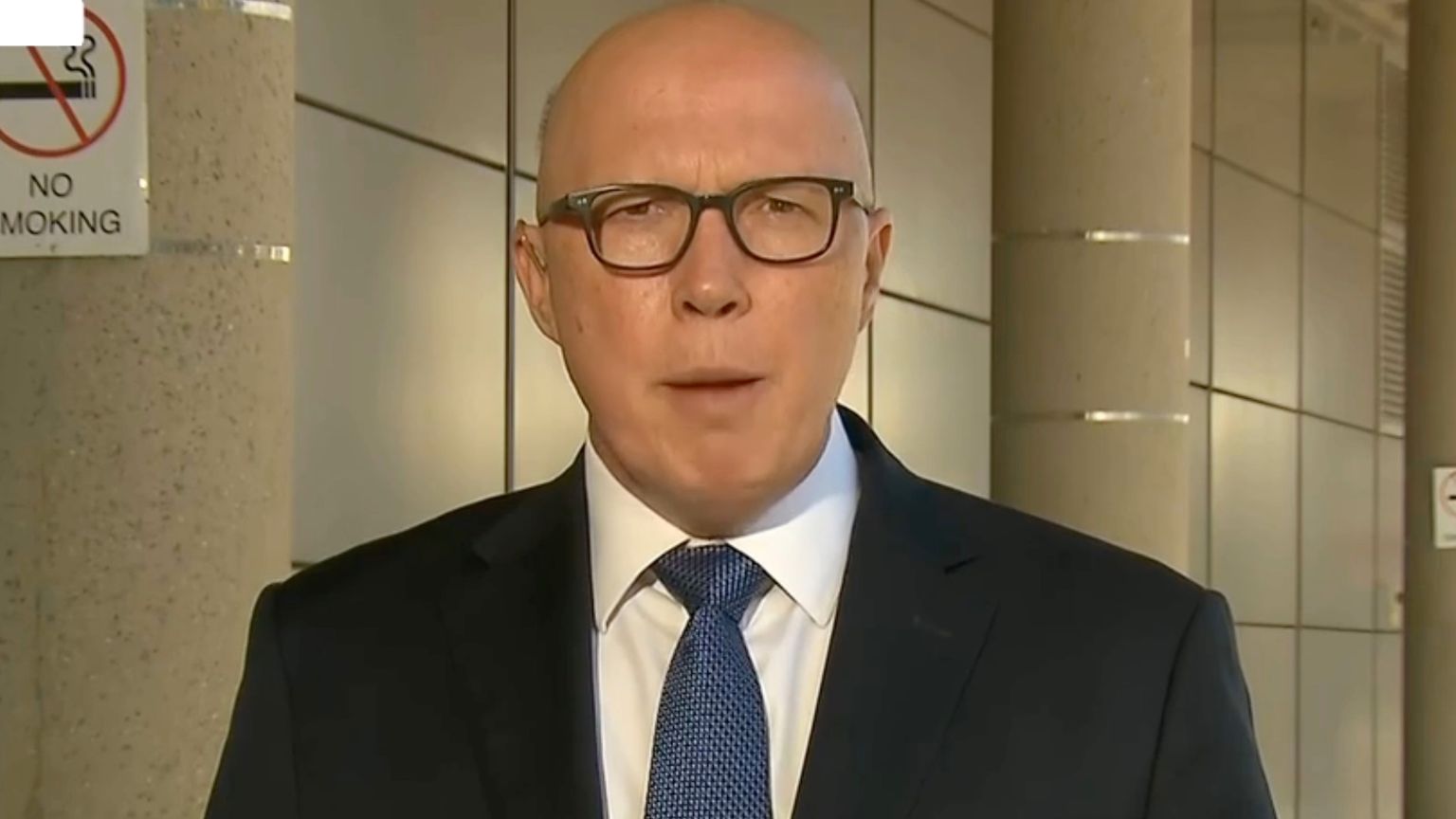Australian opposition leader Peter Dutton has publicly objected to Labor’s proposed bill over social media misinformation, labeling it “an attack on free speech.” This bill, unveiled by the Albanese government in June, would give the Australian Communications and Media Authority (ACMA) enhanced power over how social media corporations tackle “fake news” online.
The contentious law can impose severe fines on digital platforms that fail to meet industry standards for deleting harmful content, threatening penalties equivalent to 5% of a company’s global turnover.
During a discussion with Sky News Australia, Dutton expressed his concern over the bill’s “very significant ramifications” and deplored the lack of scrutiny over its details. “What the government is proposing here goes well beyond any reasonable measure,” Dutton declared, hitting out against the stifling of freedom of speech.
The opposition leader maintained that the schemed law underlines Prime Minister Albanese’s lack of grasp on critical details.
The stand against the contentious bill has gained momentum among Coalition members, with an online petition titled Bin The Bill, instigated by shadow communications minister David Coleman. “This is a very bad bill, and the Government should rip it up. Freedom of speech is fundamental to our democracy, and the Coalition will always fight for it,” Coleman expressed vehemently on the campaign site.
The petition lists a set of criticisms against the proposed law, spotlighting discrepancies concerning government-authorized information, academic claims, favoritism towards certain websites, and potential censorship due to fear of fines.
It also points out the stringent regulations empowering ACMA to compel any Australian to answer questions about misinformation, alongside daily fines of $8,000 for non-participation.
Despite the backlash, Labor’s Communications Minister, Michelle Rowland, has defended the proposed legislation, maintaining that it does not threaten freedom of speech. She affirmed ACMA having “no interest and no power [over] what individual users may be posting.” She additionally clarified that the platforms themselves would continue hosting and promoting content, not the regulator.













